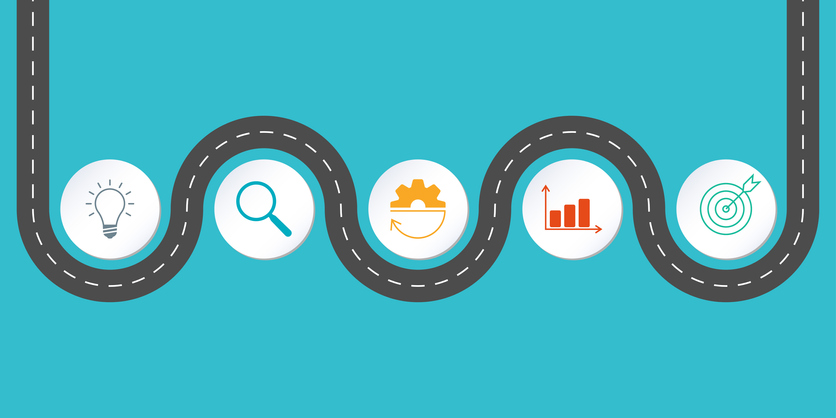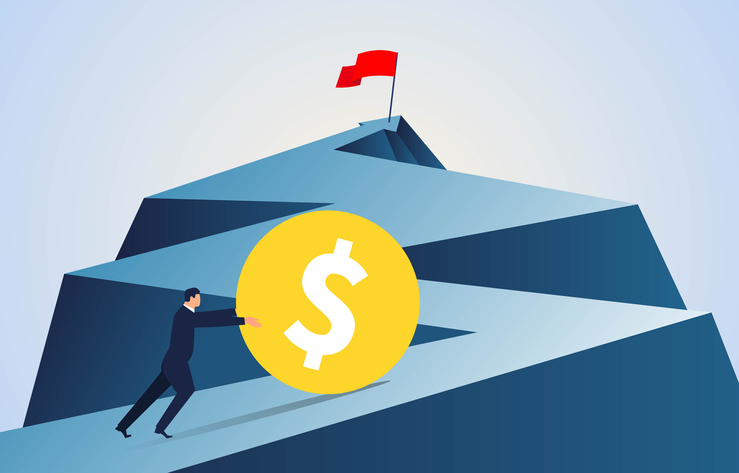Answer These 6 Questions Before Hiring Your Second Customer Success Manager
Is your start-up ready to make its second Customer Success Manager hire?
If so, follow this approach:
Make the second CSM hire the right hire by first stepping back and determining the type of Customer Success organization needed to reliably deliver on your customers’ business outcomes.
Avoid hiring another CSM just like your first CSM
When picking its first CSM, a start-up typically selects an individual best described as a jack of all trades.
That’s because a jack of all trades is a logical choice. As mentioned in a recent Carema Consulting blog post: The first Customer Success Manager is tasked with shepherding an initial set of visionary and early adopter customers to success and reference-ready status with the start-up’s solution. The start-up is changing quickly, and CSM #1 is largely operating reactively and figuring it out on the fly within a Customer Success environment that lacks processes. In this scenario, the initial CSM often adopts a one-off approach to managing their initial book of customers, and knowing a little about a lot is valuable.
The jack of all trades skill set works for a while…but then is quickly obsoleted. Here’s why:
By the time a start-up is ready to bring on its second CSM, its Customer Success organization requires a framework-driven set of processes and workflows that scales the group in order to maximize the value received by customers as the velocity of new customers accelerates.
So, how can a start-up determine the type of Customer Success organization needed in order to scale along with its growing business by adding an effective CSM #2?
Need help evaluating the hire of a second Customer Service Manager?
LEARN HOW CAREMA CONSULTING CAN HELP.
Questions to help define what’s needed from your Customer Success organization
Here’s a list of six questions to answer in order to know the type of Customer Success organization to build…and the types of skills and experiences its CSM #2 should possess.
- Growth strategy – Does your start-up follow a sales-led growth strategy or a product-led growth strategy? A CSM operating within a PLG strategy needs to be good at plugging the gaps when a user struggles with a product-led onboarding and adoption plan. Thus, consultative skills are important. Also, analytical skills are important, as a CSM will be responsible for a large number of accounts and will need to be constantly checking product data and signals in order to identify and get ahead of usage challenges.
- Target market – Is your start-up focused on mid-market/enterprise accounts, or is it more SMB oriented? A CSM #2 who manages mid-market/enterprise accounts requires consultative skills, while a CSM #2 who oversees a large book of SMB accounts needs analytical skills in order to hone the tech touch approach and constantly reevaluate where best to spend their time.
- Level of product market fit – If your start-up is still pursuing product market fit, make sure CSM #2 is skilled at capturing the voice of the customer. (Tip: Once product market fit is achieved, a CSM can manage a bigger book of business.)
- Onboarding complexity – How technical is your solution’s onboarding? A more technical onboarding process requires CSM #2 to be more technically-skilled and, if the CSM is involved in onboarding, possessing project management skills.
- Renewal type and revenue expansion opportunity – Are your customer renewals opt-in? Is a “land and expand” strategy important? Does Customer Success have selling responsibilities with existing customers? A “yes” to any of these means CSM #2 should possess commercial skills and experience.
- Industry complexity – If your target industry is complex, consider emphasizing industry knowledge for a CSM #2 and making up for any account management experience shortcomings via training.
Consider and weigh these six categories in order to make your second Customer Success Manager hire the right hire.




